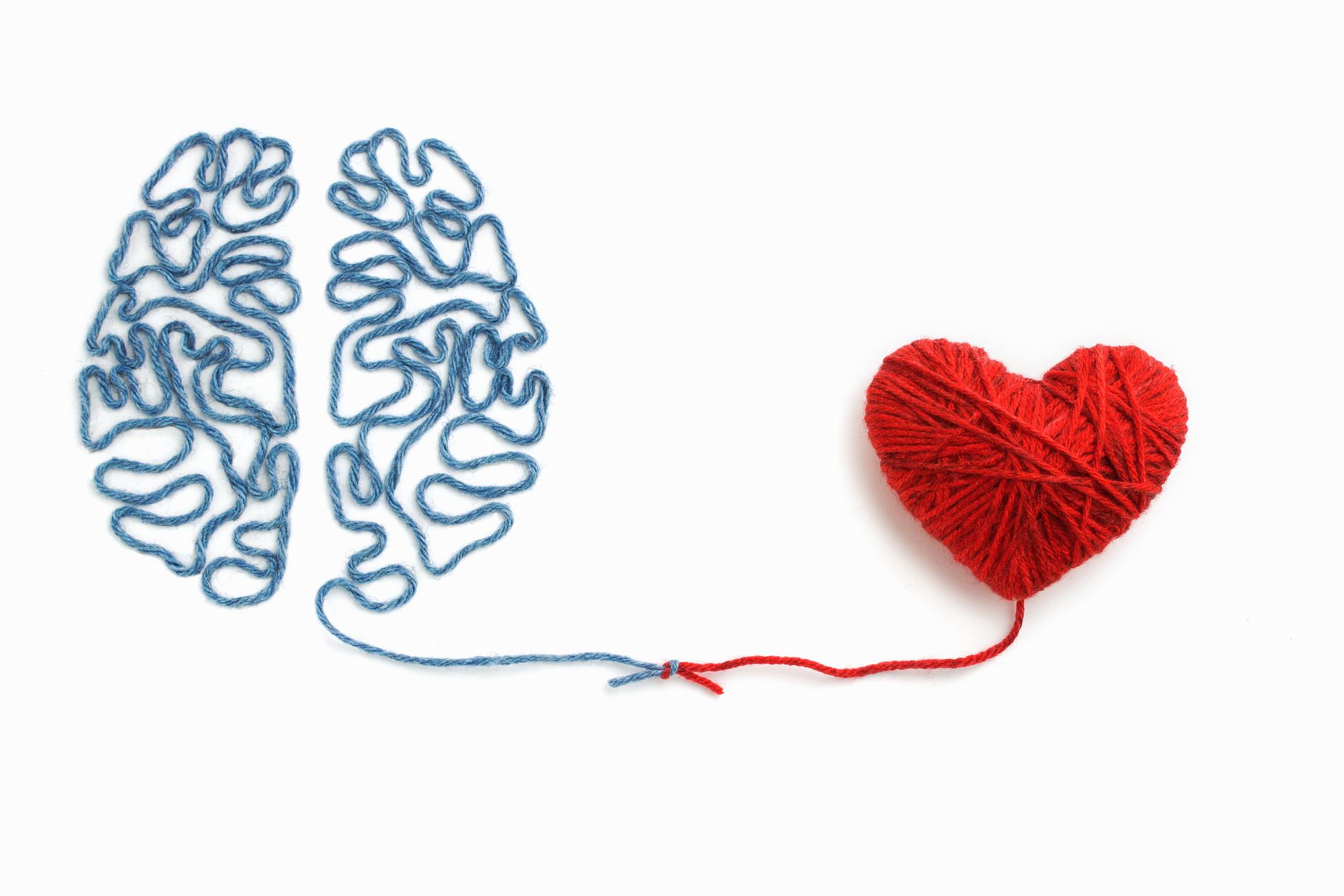To be successful in business, you need to be emotionally healthy, which requires a level of emotional intelligence. When you work with others, there are many positive and negative emotions running rampant at any given time. Add your personal life to the equation and all of the baggage you carry with you from your past, and the workplace can become overrun with emotions if emotional intelligence is lacking. If you tend to struggle with your ability to maintain your feelings in the workplace, you might consider your current emotional intelligence level, and if it’s not up to par, this post will outline how to improve emotional intelligence in the workplace.
What is Emotional Intelligence
Emotional intelligence, also known as EI was created by researchers Peter Salovey and John Mayer in 1990. Dan Goleman later popularized it in his book Emotional Intelligence in 1996.
It is defined as one’s ability to be aware of, control, and express one’s emotions, and to handle interpersonal relationships with empathy.
The 4 components of emotional intelligence are crucial.
-
Awareness: It’s okay to feel however you feel, and being aware of those emotions within your body is the only way you can control them. Whether you’re feeling happy, sad, angry, jealous, or a load of other emotions, knowing your body and your feelings is critical.
-
Control: Being able to control your emotions is just what it sounds like. Instead of jumping off the edge after a situation, managing your emotions allows you to control how you feel in any given situation.
-
Expression: Expressing your emotions doesn’t always mean saying how you feel when you feel it. Being able to express your feelings means you know when to make them known, how to make them known and with whom to make them known.
-
Empathy: Empathy is the ability to understand others’ feelings. When you handle interpersonal relationships with empathy, you can be in contact with others and understand why they feel a certain way and why they make certain decisions without harsh judgment or blame.
When there is a lack of emotional intelligence, it can have a negative impact on the organization, from the top down.
Side Effects of Low Emotional Intelligence
If you suffer from low emotional intelligence, it might be displayed in one or more of the following ways
Poor communication
Behavior problems
Negative emotions
Reduced productivity and engagement
Low overall performance
One of the best ways to improve your emotional intelligence is to educate yourself about it and take the suggested steps. EI isn’t something that is discussed regularly, especially in the realm of the workplace, so doing the internal work necessary to be the best leader or employee you can be, is crucial.
Below you will find 4 ways to improve emotional intelligence in the workplace.
Be Aware
Being aware of your emotions is one of the components of emotional intelligence and something you must do to build EI. You must be mindful of how you’re feeling from day to day whether your emotions are good, bad, or indifferent. What is happening in your life to make you feel certain emotions? How do you behave when you experience these feelings? Are you happy with your feelings or wish they were different? Being mindful of your feelings allows you to start the process of controlling your emotions.
Workplace Example: Everyday during your lunch break do an emotional check-in. What has happened so far that day that you need to consider from an emotional standpoint? Have you been making good choices? Have you been working to build your emotional intelligence? Based on your awareness, you can finish the remainder of your day in a better space or continue on your current positive path.
Pause
When we are experiencing strong emotions, our first response is often to act now and think later. When building your EI try a different technique. First be aware of how you’re feeling, then pause and think before you do or say anything. Doing this over time allows it to become your new normal and will build your EI.
Taking the time to pause reduces the likelihood that you will do or say something that you will later regret. This is especially important in the workplace.
Workplace Example: When your co-workers get involved in office gossip or drama, resist the urge to follow suit. Instead, pause and consider how getting involved could hurt your reputation or career. How would you feel if your words were sent to the head of the company? Taking time to pause could save you from a nasty fallout.
Empathize
Showing empathy in your interpersonal relationships is a sign of improving your emotional intelligence. You can do this by considering why someone might have made the decisions they did. The time to do this is when you pause. Take into consideration that actions might not have been explicitly taken to bother or hurt you.
Consider how you would feel if the shoe was on the other foot and how you would want others to react to you. This can be challenging, but it is a sign of maturity and high emotional intelligence.
Workplace Example: If you’re having a conversation with a co-worker and they say something you don’t agree with, instead of automatically giving your rebuttal or getting annoyed, express that you respect their opinion. This validates their feeling which is a humanizing experience.
Learn
All situations are opportunities to learn. When others criticize you or someone provides feedback on your performance, consider what can be learned from the case. This is the time to practice pausing, being aware, and empathizing.
If you automatically become combative or sensitive, you miss the opportunity to practice building your EI and learning others’ perspective of you which can be beneficial in the workplace. Negative feedback can sometimes be just what you need to take your job performance to the next level.
Workplace Example: The next time someone provides you with negative feedback, pause, be aware of your feelings, and show empathy. Then reflect on their statement and consider how you can learn from what was said and how it can help you in the future.
Building your emotional intelligence won’t happen overnight. It requires practice, practice, and more practice. While the concept of ultimately changing your emotional landscape might sound overwhelming, it’s easier to move through the process when you look at it in baby steps. Focus on taking it one day at a time, and the benefits improving your emotional intelligence will have on your career and your personal life. When you consider how the benefits outweigh the difficulty associated with making a change, you will hopefully feel motivated to continue down the path so you can master how to improve emotional intelligence in the workplace.


